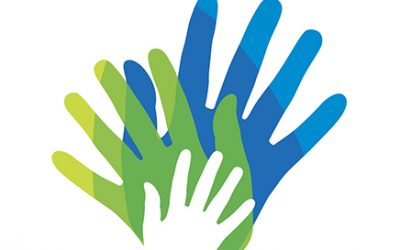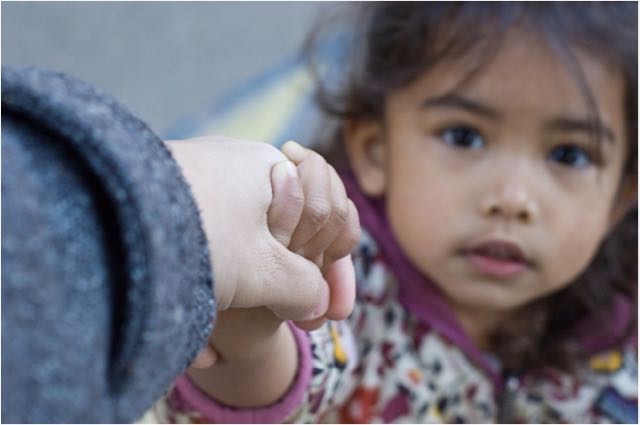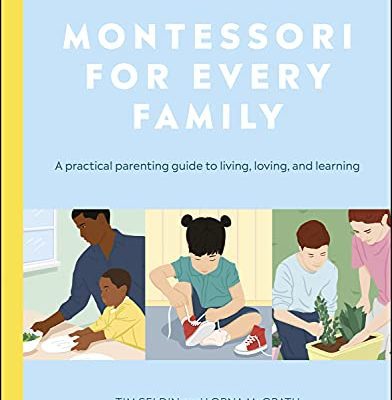ASK QUESTIONS THAT HELP YOUR CHILD SELF-REFLECT.
“Did you do your homework?” “Did you do your chores?” These questions often fall on deaf ears or, at best, lend themselves to dismissive answers, idle promises, and, at worst, disrespectful retorts.
Four very important things happen when we learn to ask good questions:
- We teach children the important life skill of self-reflection. This skill is necessary to improve our character. A mother who was taking the training to become a Redirecting Children’s Behavior Instructor asked her learning-challenged son how he felt about his spelling test. Mom would have normally just asked how he did on the test. His answer was quite surprising to her. He said, “I usually wait until the night before the test to study. I think I will start doing a little bit each night. Then I think I can get a 100 on the test!” Mom had inadvertently lowered her expectations of her son by simply asking for his results. By asking a self-reflective question, her son built his character.
- You learn more about our child. In the above example, Mom learned that her son really wanted to do better and could come up with a plan on his own.
- We help build cognitive skills. Mom initially asked for his results on the test which led to a quick or ‘pat’ answers. By asking him how he felt, her son had to stop and think, “How do I feel?”
- We develop deeper connections. Our kids need to feel connected in order to develop healthy bonds. In the above example, the child felt more connected to his Mom because she cared about how he felt.
Here is a list of effective questions you may want to try.
- “What is your plan for doing your homework, a chore, etc.?”
- “What was something you did that was helpful (any value you want to instill) to someone today?”
- “When were you tempted to not be honest with someone today?”
- “What will happen if_____?”
- “What will you do next time____ happens?“
It is imperative that you ask these questions with curiosity. If your child detects a tone of judgment, they may get defensive or close down.

Kathryn Kvols, a mom of 5, struggled with her parenting skills. Being brought up with strict, shame-based discipline, Kathryn knew she wanted something different for her children and her own peace of mind.
During her 30 years of study on best parenting practices, she wrote the book and parenting course Redirecting Children’s Behavior. This course is being taught in 21 countries and has been translated into 5 languages. Her researched-based strategies have empowered thousands of parents to redirect their kids misbehaviors into positive outcomes without nagging, yelling, or taking away privileges. Redirecting Children’s Behavior can be ordered on Amazon.
A sought-after international speaker, trainer, and parenting coach, her most important role has been her children. Her experiences as a single mom, and a stepmom make her a compassionate and effective facilitator. Her participants always walk away with practical tools they can implement immediately that create connection rather than conflict. For more information visit her website at www.apecparenting.com.






